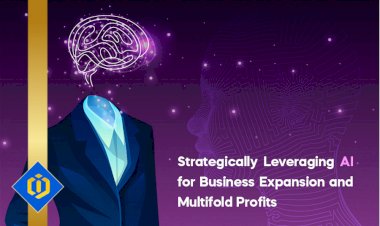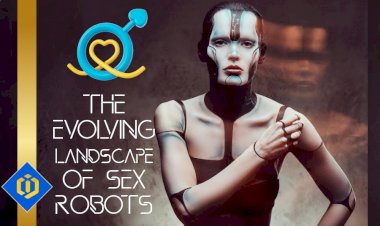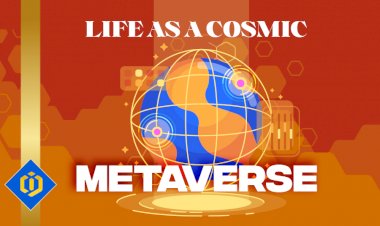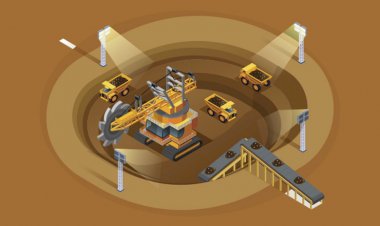Combating Contemporary Racism and Slavery with the Help of Technology
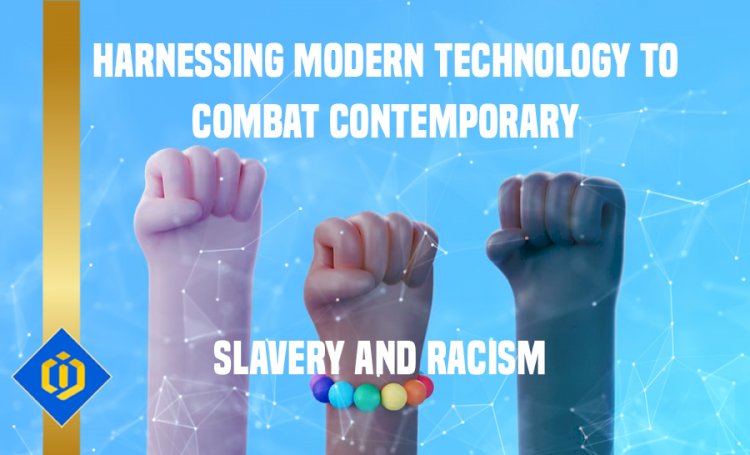
The specter of slavery, although transformed, lurks in our modern world. Today we call it "modern slavery" - a term coined by the United Nations to summarize the conditions in which individuals work involuntarily under the threat of some form of punishment. Modern slavery takes many forms: human trafficking, forced labor, debt bondage, forced marriage and child labor. Its continued existence poses a global challenge as nations grapple with its roots, which are rooted in conflict, corruption, poverty and systemic inequality.
In this fight against modern slavery and the insidious shadow of racism, artificial intelligence (AI) and advanced technology can become powerful tools in our arsenal. A critical application of AI lies in its ability to process and analyze massive amounts of data. By examining social media feeds, online forums, and even the slippery corners of the dark web, AI can highlight potential cases of human trafficking and modern-day slavery. Additionally, machine learning algorithms, when programmed correctly, can uncover patterns of racial hatred or discrimination online, holding individuals accountable for their words and actions.
At the same time, modern technologies such as the blockchain can unravel the intricate webs of global supply chains, clarifying the links to forced or child labour. By ensuring transparency, we can enable consumers to make informed and ethical choices, indirectly putting pressure on companies to respect workers' rights. The power of AI also extends to education and awareness. AI-based interactive platforms like chatbots or immersive virtual reality experiences can unravel the complex realities of modern slavery and racism. They can encourage empathy and understanding, and encourage a collective call to action.
In law enforcement, AI supports authorities using predictive policing algorithms. These tools can highlight areas where modern slavery is likely to occur, thereby optimizing resource allocation. Additionally, AI can speed up the legal process by quickly sifting through mountains of case data to extract relevant information for prosecution.
Empathic applications of AI play a role in building strong support systems for survivors of modern slavery. It can match survivors with appropriate resources and services, creating a personalized path to recovery and integration.
While AI and modern technologies hold promise in the fight against modern slavery and racism, they are tools that complement broader systemic efforts to address root causes. These technologies need to be managed ethically, ensuring they uplift rather than unintentionally harm the vulnerable populations they aim to help. As we explore the complexities of our modern world, let's make sure our collective drive for justice is fueled by technology, empathy, and a deep understanding of our shared humanity.
Author: Pooyan Ghamari, Swiss Economist & Visionary

 content-team
content-team 






